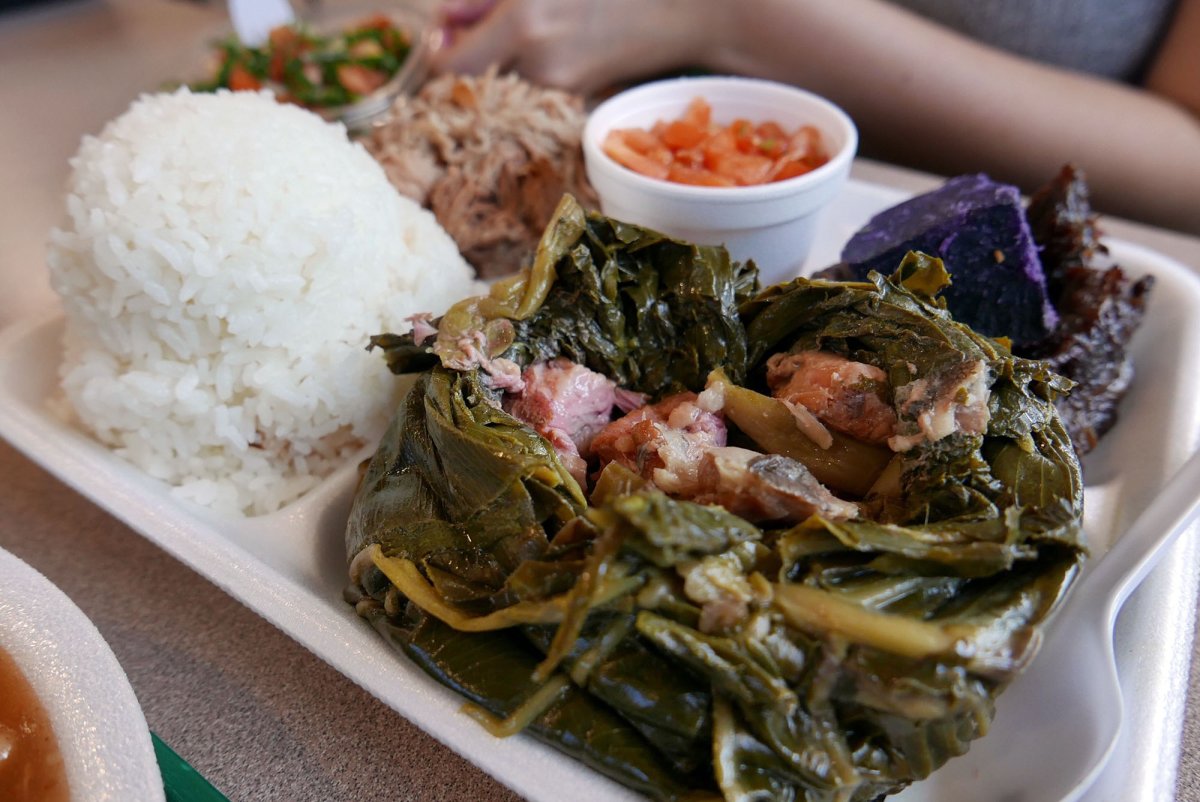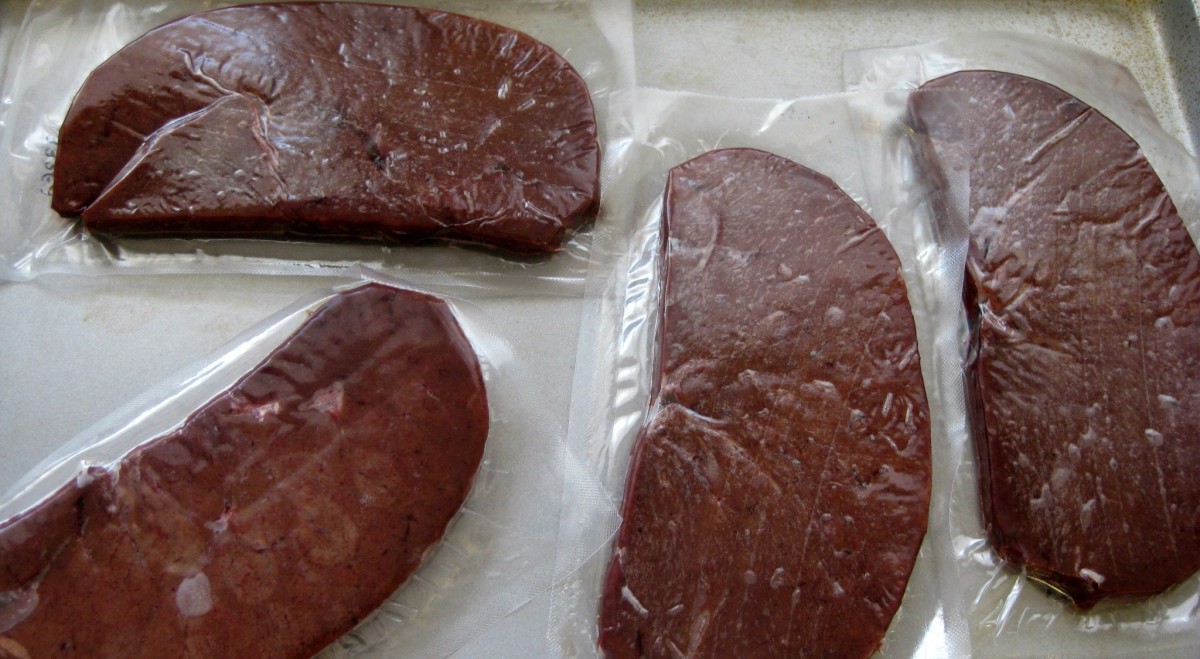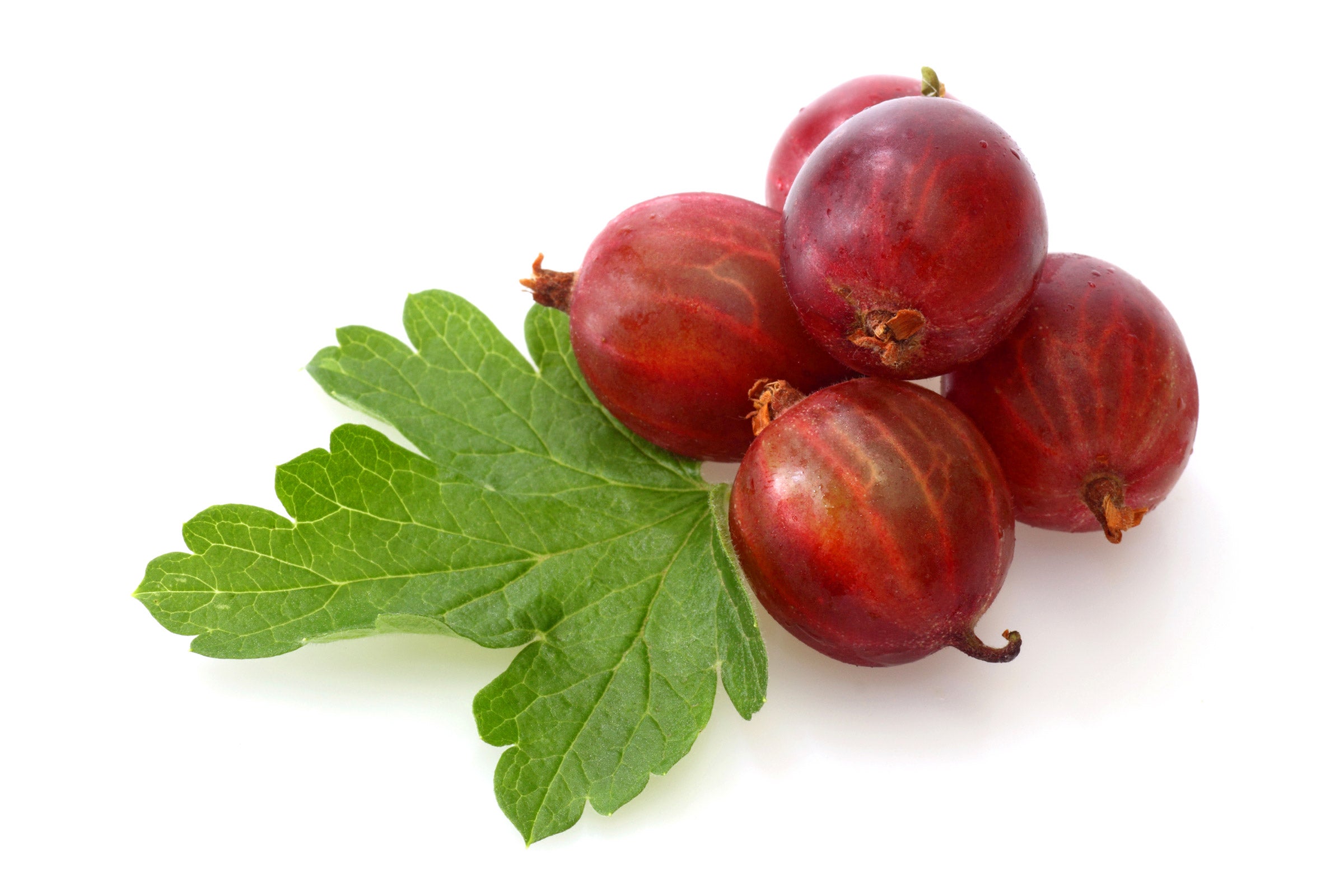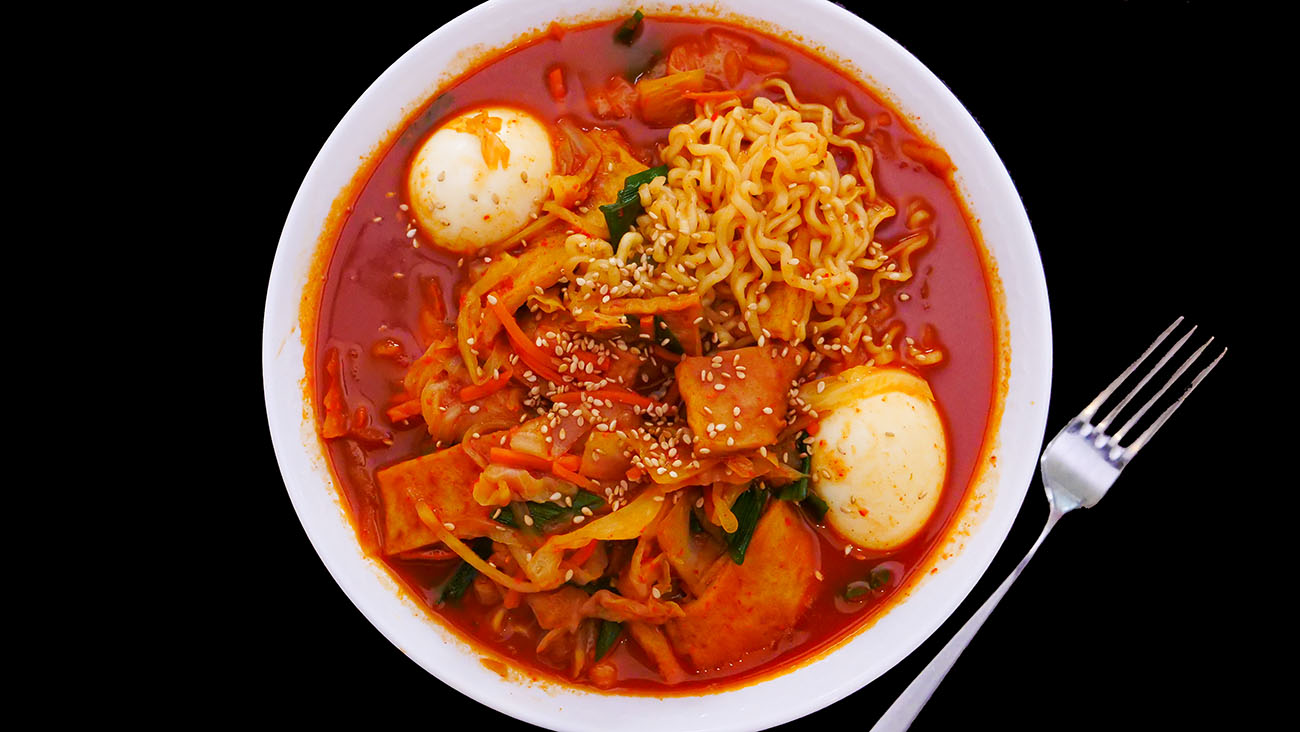Enjoying Mango Even with Lip Allergies
For many people, the thought of enjoying a juicy, ripe mango is a delightful experience. However, for those who have allergies, particularly on their lips, the idea of indulging in this tropical fruit can be daunting. But fear not, there are ways to still enjoy mangoes without aggravating your allergies.
Understanding Mango Allergies
Mango allergies are not uncommon, and they can manifest in various ways, including itching, swelling, or rashes on the lips and around the mouth. This can be attributed to the presence of urushiol, a compound found in the skin of mangoes, which is also present in poison ivy and poison oak. When the skin comes into contact with urushiol, it can lead to an allergic reaction.
Safe Ways to Enjoy Mangoes with Lip Allergies
While it’s important to be cautious, there are still ways to savor mangoes without triggering an allergic reaction. Here are some tips to help you enjoy this delicious fruit:
- Peel the Mango Carefully: When preparing a mango, make sure to peel it carefully to avoid any contact between the skin and your lips. Using a knife to remove the skin can help minimize the risk of exposure to urushiol.
- Opt for Mango Slices: Instead of biting into a whole mango, consider cutting it into slices or cubes. This way, you can enjoy the flesh of the fruit without coming into contact with the skin.
- Wash Your Hands: After handling a mango, be sure to wash your hands thoroughly to remove any residue that may contain urushiol. This can help prevent accidental contact with your lips or mouth.
- Consider Cooked Mango: If you find that raw mango triggers your lip allergies, you may want to try cooked or processed mango products. Heat can break down the urushiol, making it less likely to cause a reaction.
- Consult a Doctor: If you have severe allergies or concerns about consuming mangoes, it’s always best to consult with a healthcare professional. They can provide personalized advice and guidance based on your specific allergy symptoms.
Alternative Options
If you find that even with these precautions, you still experience discomfort or allergic reactions when consuming mangoes, there are alternative options to consider:
- Explore Other Fruits: There are plenty of other delicious fruits to enjoy that may not trigger your allergies. Consider exploring options such as papayas, pineapples, or peaches as alternatives to mangoes.
- Seek Allergy Testing: If you’re unsure about the specific cause of your lip allergies, consider undergoing allergy testing to identify any potential triggers. This can help you make informed decisions about which foods to avoid.
Conclusion
While lip allergies can make enjoying mangoes a bit more challenging, it doesn’t mean you have to miss out on the experience altogether. By taking the necessary precautions and exploring alternative options, you can still savor the sweet, tropical flavor of mangoes without aggravating your allergies. Remember to listen to your body and seek professional guidance if needed, and you’ll be able to enjoy mangoes in a way that works for you.
For those with a lip allergy wanting to indulge in mangoes, there are plenty of recipes that can help you enjoy this delicious fruit without aggravating your symptoms. You might want to start with a Mango Smoothie Recipe, which blends mangoes into a soothing drink that's gentle on the lips. Another great option is the Mango Lassi Recipe, a yogurt-based drink that can help counteract any potential irritation. If you're looking for something more savory, try the Mango Avocado Salad Recipe or the Mango Chicken Stir-Fry Recipe, both of which incorporate mangoes in a way that minimizes direct contact with your lips. For dessert enthusiasts, the Mango Pudding Recipe or Mango Cheesecake Recipe are excellent choices, providing a sweet mango flavor without the need to bite directly into the fruit.











